Over seventy percent of adults across the United States have experienced at least one traumatic event.
People exposed to trauma may have lingering symptoms, and the more traumatic events to which a person is exposed, the more symptoms they accumulate. Around thirteen million adults in the U.S. have PTSD in any given year because of exposure to multiple traumatic events.
These symptoms can have profound consequences on mental health and physical well-being, leading to an increased risk of substance abuse for self-medication. Trauma can significantly impact the way in which clients engage in treatment, for many clients are apprehensive about receiving treatment because they don’t have trust and they feel powerless.
Peninsula Health Center is a trusted Palos Verdes drug rehab that can help with comprehensive trauma-informed medical addiction treatment. Contact us today to learn more about how we can help.
What is Trauma-Informed Care?
Trauma-informed care is an approach to dual diagnosis services grounded in an understanding of trauma’s impact and an emphasis on emotional, physical, and psychological safety for clients. Trauma-informed care creates opportunities for individuals to rebuild their sense of empowerment, enjoy safety and trust, and move toward trauma healing.
How is Trauma-Informed Care Different?
Counselors and therapists providing trauma-informed care are vigilant in anticipating and avoiding processes or practices that lead to re-traumatization for individuals with an existing history. Re-traumatization can be any situation where some aspect of the services provided triggers a client and causes additional trauma rather than trauma healing.
Moreover, informed care places a higher emphasis on client participation in developing, delivering, and evaluating services. This client participation means individuals have the following:
- More control over the trust they build with their counselors or therapists
- The safety they feel during their sessions
- The empowerment to control their situation.
Trauma Healing
With professional trauma-informed care, treatment providers can ask questions that are more appropriate to the traumatic history of an individual client and the presenting problems that history has created. Understanding a history of trauma means mental health providers are in a situation to address those issues proactively within a treatment program and, in doing so, meet client needs in a compassionate, collaborative, and safe manner that leads to trauma healing.
An overarching goal with this type of care is to avoid re-traumatization, and that is achieved by building on the resilience and strengths of clients and encouraging their participation in the type of care received and the manner in which those services are provided.
Safety and Trust
Within trauma-informed care, safety and trust can manifest in several forms. Individuals who provide trauma-informed care are specialists who have been trained in a subset of services, which means they have the capacity to understand how trauma and subsequent stress from trauma can directly influence the way in which you respond to:
- Your relationships
- The environment
- Your treatment services
They also understand that as a client, you might have a specific view of others, a sense of safety, hopelessness, or fear, all of which can shape the way you respond to other people and services.
Professionals are adaptive and can shift the trauma healing services you receive based on these specific views and responses so that you get safety in your healing process and trust in your counselor or therapist.
Empowerment
For many clients, gaining a sense of empowerment and control is pivotal for recovery. Trauma-informed care provides several opportunities for empowerment where you, as the client, work with your counselors or other mental health service providers to review treatment strategies and procedures that give you the control you need to make decisions and offer choices as it applies to your everyday interactions with staff members.
For example, you can work with professionals who:
- Give you control over the information that you choose to share, deciding what information about your trauma you think would be helpful
- Determine when and where you would like your therapists to call you
- Choose how you want to be addressed
- Select the services you believe best match your concerns or needs
- Inform therapists as to what responses work best when you are emotionally overwhelmed
Work with Peninsula Health Center for High-Quality Trauma-Informed Care
With Peninsula Health Center, you can choose several levels of outpatient addiction and mental health treatment, such as partial hospitalization programs, intensive outpatient programs, and traditional outpatient programs. Our Long Beach outpatient drug treatment center can help.
No matter which of these you select, you can expect holistic addiction treatment as well as access to dual diagnosis services that incorporate trauma-informed care alongside holistic treatment, such as mindfulness and yoga.
If you are ready for trauma healing, our team is here for you.





